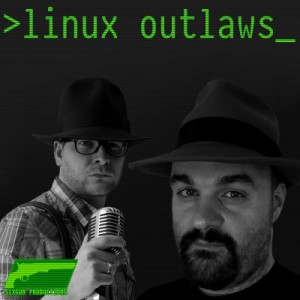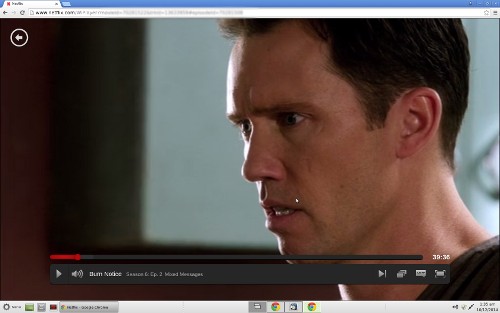There have been rumblings for some time now about Google’s search contract with Mozilla coming to an end this year. For ten years, the search giant has been the default go-to when it comes to search on Firefox, a deal which has supplied more than 80 percent of the browser’s funding. There’s been talk that Google or Mozilla wasn’t interested in renewing the deal, either because Firefox competes directly with Google’s Chrome browser or because the folks at Mozilla are unhappy with Google’s open web policies, depending on who’s doing the talking.
 A week ago, in an attempt to make up for this projected loss of revenue, Mozilla began displaying advertising tiles in new tab pages on Firefox in newer versions of the browser. The first two sponsors, according to a Mozilla blog post, are CVS Health and Booking.com. Then yesterday, in another blog post, the organization announced that it’s signed a five year deal with Yahoo to make the once uber popular, still somewhat popular web portal the default for searches in Firefox.
A week ago, in an attempt to make up for this projected loss of revenue, Mozilla began displaying advertising tiles in new tab pages on Firefox in newer versions of the browser. The first two sponsors, according to a Mozilla blog post, are CVS Health and Booking.com. Then yesterday, in another blog post, the organization announced that it’s signed a five year deal with Yahoo to make the once uber popular, still somewhat popular web portal the default for searches in Firefox.
Christine Hall has been a journalist since 1971. In 2001, she began writing a weekly consumer computer column and started covering Linux and FOSS in 2002 after making the switch to GNU/Linux. Follow her on Twitter: @BrideOfLinux





 When my euphoria dropped to a more manageable level, I took some time to mull it over. Specifically, I was asking myself why Time Warner would include small towns almost fifty miles away from the city in this upgrade? I mean…gifts, horses, mouths and all that. I thought it was a legitimate question.
When my euphoria dropped to a more manageable level, I took some time to mull it over. Specifically, I was asking myself why Time Warner would include small towns almost fifty miles away from the city in this upgrade? I mean…gifts, horses, mouths and all that. I thought it was a legitimate question. 


 That was the end of it, or so I thought.
That was the end of it, or so I thought.
